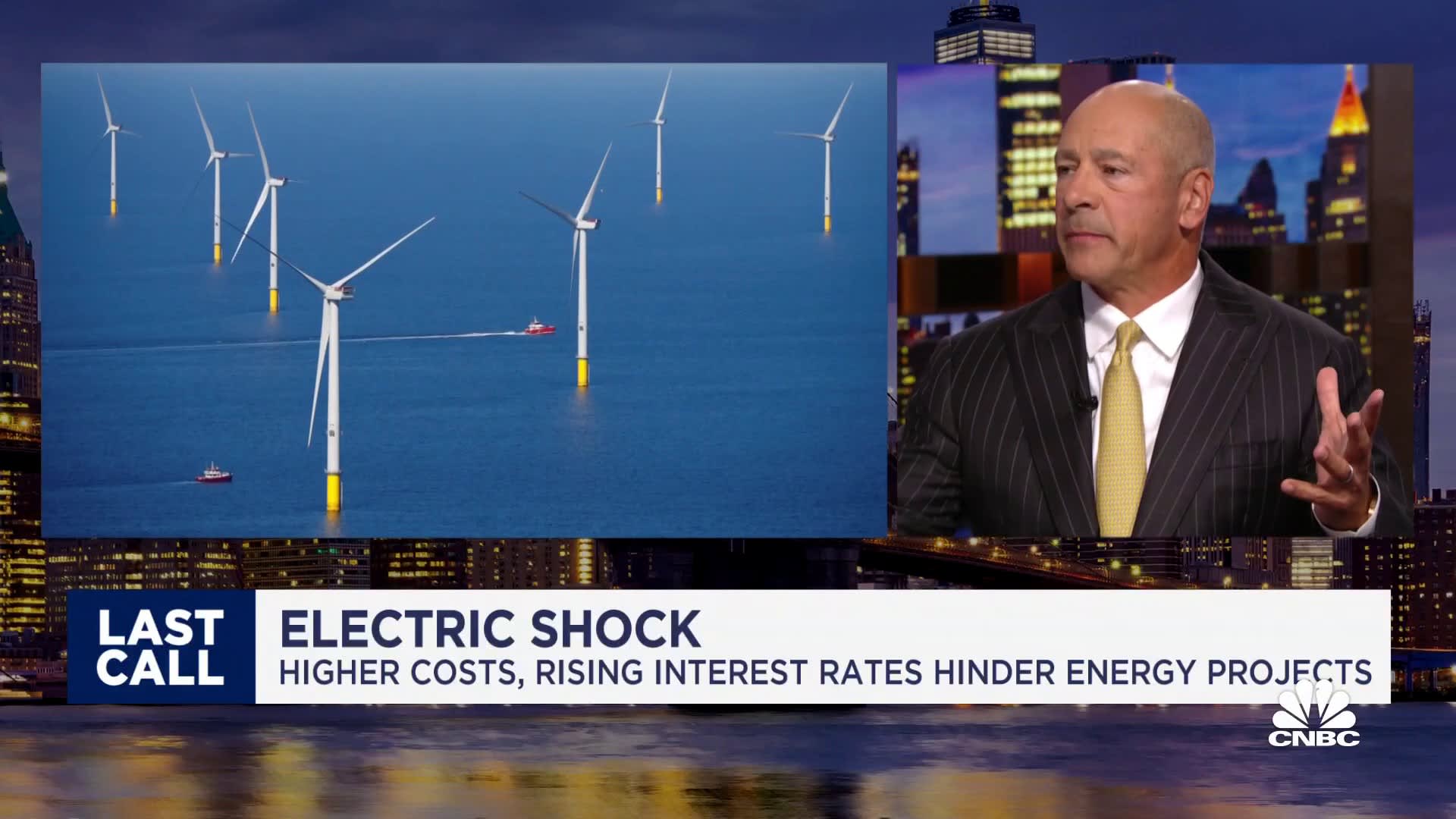Latest on Student Loan Forgiveness: Shocking New Developments
The latest update on student loan forgiveness is that there is ongoing debate and discussion among policymakers regarding potential changes to the program. There are various proposals on the table, including increasing the forgiveness amount, expanding eligibility criteria, and streamlining the application process.
These discussions aim to address the burden of student loan debt and provide relief to borrowers. Considering the rising concern for the economic impact of high student debt, it is a matter of widespread interest and will continue to be a topic of discussion in the coming months.
Stay tuned for updates on potential changes to student loan forgiveness programs.

Credit: money.usnews.com
1. Increase In Eligibility Criteria
The eligibility criteria for student loan forgiveness have become more stringent in recent times. These new requirements include specific criteria related to income, employment, and loan type. These changes have had a significant effect on borrowers who were expecting loan forgiveness.
The increased stringency has left many individuals wondering if they will still qualify for the forgiveness program. With these latest updates, it has become crucial for students and graduates with student loans to stay updated on the evolving landscape of loan forgiveness.
Staying informed about the changes and understanding how they affect individual situations will be essential in managing student loan debt and planning for the future. Being aware of the latest updates and requirements will help borrowers make informed decisions and take necessary actions to achieve loan forgiveness, if eligible.
2. Reduction In Forgiveness Amounts
Student loan forgiveness has undergone some recent changes, specifically regarding reductions in forgiveness amounts. These changes have impacted the expected relief for borrowers. The forgiveness percentages have been altered compared to previous programs, leading to a reevaluation of the benefits for those seeking relief from student loan debt.
With these modifications, borrowers may need to reassess their financial strategies and determine how these changes will affect their loan repayment plans. It is crucial for borrowers to stay informed and aware of these shifting policies to make well-informed decisions about their student loans.
The alterations in forgiveness amounts can greatly impact the financial outlook for individuals seeking relief, necessitating a careful examination of the new percentages and a comparison to previous forgiveness programs.
3. New Repayment Options
Income-driven repayment plans are a new option for student loan forgiveness. These plans are based on a borrower’s income and family size, allowing for more manageable monthly payments. One advantage of income-driven plans is that they can potentially lower monthly payments, making them more affordable for borrowers.
However, these plans may also extend the repayment period, resulting in more interest over time. Additionally, participating in an income-driven plan may affect eligibility for loan forgiveness programs. It is important for borrowers to carefully consider the advantages and disadvantages of these plans before making a decision.
Overall, income-driven repayment plans offer flexibility for borrowers who are struggling to afford their student loan payments but may have implications for long-term debt repayment and forgiveness eligibility.
Conclusion
Overall, the latest updates on student loan forgiveness indicate a glimmer of hope for borrowers. Recent discussions and proposals have brought attention to the urgent need for comprehensive reform in this area. While it is crucial to stay informed about the ever-evolving landscape of student loan forgiveness, it is equally important for borrowers to explore alternative options and resources available to them.
Seeking guidance from student loan counselors, investigating applicable forgiveness programs, and actively participating in advocacy efforts can significantly impact the outcome of individual cases. As we navigate these uncertain times, one thing remains clear: addressing the issue of student loan forgiveness requires collective action and a commitment to finding viable solutions.
By staying informed, engaging in conversations, and holding policymakers accountable, we can work towards a fair and sustainable system that supports the financial well-being of students and borrowers alike. Together, we can create a brighter future for those burdened by student loan debt.





